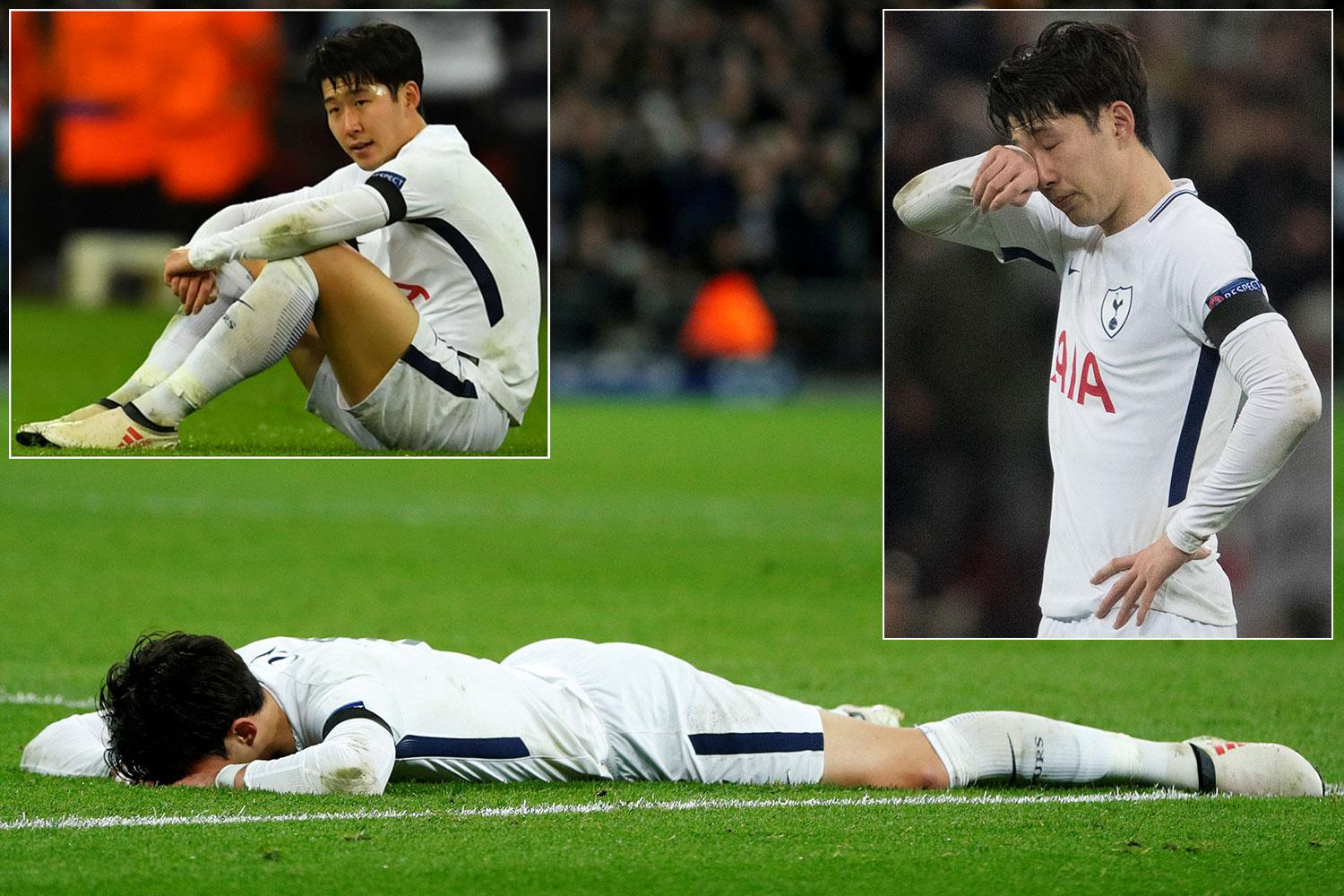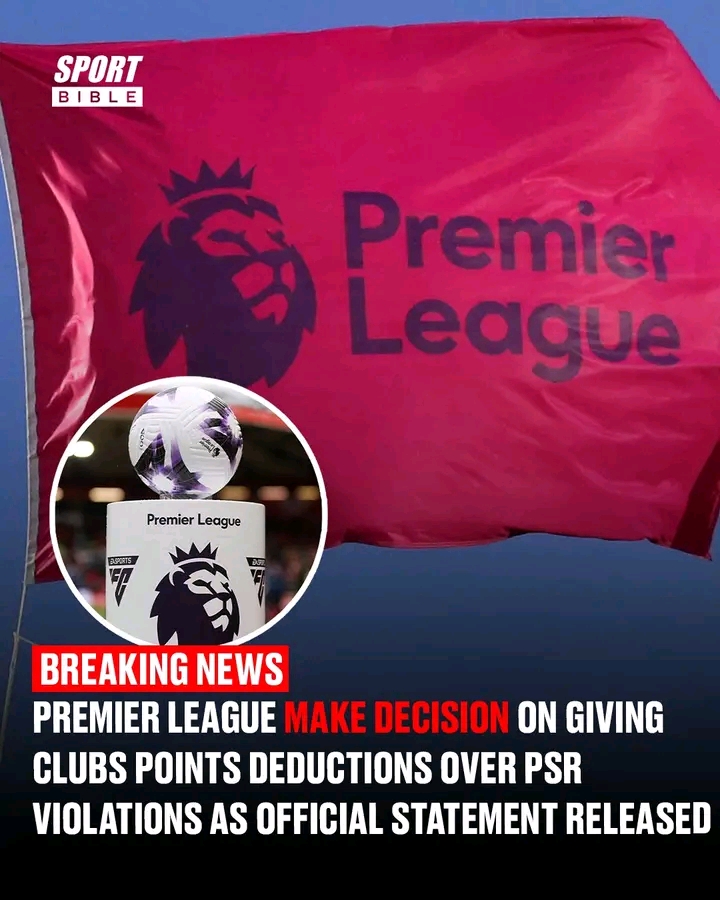Tottenham Daniel Levy could push for new points deduction rules before Arsenal Match

Tottenham Hotspur’s chairman Daniel Levy is potentially driving a push for revised Points Deduction Rules (PSR) within the Premier League, a move that could significantly alter the financial regulations and competitive landscape of the league.
Keith Wyness, a former executive with extensive experience in football administration, has provided insights into this development, shedding light on the implications of Levy’s stance. This discussion aims to explore the motivations behind Levy’s push for stricter PSR, the anticipated debates among Premier League clubs, and the broader implications for the league.
Points Deduction Rules (PSR) have been a contentious topic in the Premier League, particularly in recent seasons where financial mismanagement and regulatory breaches have led to significant penalties.
During the 2023-24 Premier League campaign, Everton and Nottingham Forest faced points deductions as a result of violations related to financial regulations, which have become increasingly stringent as the league seeks to ensure fiscal responsibility and maintain competitive balance. Conversely, Leicester City managed to avoid a similar penalty this season by exploiting a legal loophole, while Manchester City remains entangled in a protracted legal battle with 115 charges pending against them. This backdrop of regulatory enforcement and legal maneuvering sets the stage for Daniel Levy’s proposed changes to PSR.
Levy, known for his financial acumen and strategic insight, has expressed a clear preference for the implementation of more restrictive PSR regulations. According to Keith Wyness, Levy’s position is driven by a desire to enhance the competitiveness of the league and potentially increase the valuation of Tottenham Hotspur. As Levy navigates the complexities of Premier League governance, his advocacy for stricter financial controls reflects a broader strategy aimed at strengthening Tottenham’s position within the league.
Levy’s perspective can be understood through a few key considerations. One of his primary motivations is likely to be maintaining competitive balance. By advocating for more stringent PSR regulations, Levy aims to ensure that financial disparities among clubs do not undermine the competitive integrity of the Premier League.
This approach is intended to create a level playing field where clubs are held accountable for their financial practices, helping Tottenham remain competitive with other top-tier clubs and potentially advance its standing within the league’s elite.
From a financial standpoint, Levy’s push for stricter PSR regulations may also be aimed at enhancing the valuation of Tottenham Hotspur. By advocating for stringent spending rules, Levy seeks to mitigate the impact of financial mismanagement by rival clubs, which could, in turn, increase the market value of Tottenham as a franchise. This strategic move aligns with Levy’s broader goal of maximizing the commercial success and financial stability of the club.
The Premier League is scheduled to meet next summer to deliberate on potential revisions to PSR regulations, making this an important juncture for the league’s financial governance.
Levy’s push for more restrictive rules will be a focal point of these discussions, which are expected to be highly contentious due to the diverse interests and political views among the 20 Premier League clubs. Each club has its own financial strategy and operational priorities, influencing their stance on PSR. Clubs facing financial difficulties or engaged in significant spending may resist stricter regulations, viewing them as a potential constraint on their operational flexibility.
The political dynamics within the Premier League will also play a crucial role in shaping the outcome of the PSR debate. Decisions are often influenced by a combination of financial interests, competitive pressures, and governance considerations.
Levy’s push for stricter PSR regulations will need to navigate these complexities, as clubs with differing views on financial regulation may seek to influence the debate and its outcome. It is possible that compromises will be proposed to achieve consensus, which could involve incremental changes to the regulations rather than a wholesale adoption of Levy’s proposed restrictions.
The potential revision of PSR regulations, driven by Levy’s advocacy, could have significant implications for the Premier League. Stricter PSR regulations could enhance the competitive balance within the league by ensuring that all clubs adhere to similar financial constraints, thus promoting a more level playing field.
Additionally, enforcing stringent financial regulations could strengthen the overall financial stability and integrity of the league, reducing the risk of financial mismanagement and supporting the long-term sustainability of the Premier League.
Moreover, the introduction of more restrictive PSR regulations could influence the transfer market and player valuations, as clubs may need to adjust their spending strategies and financial planning in response to the new rules. This could have a notable impact on player transactions and market dynamics.
Daniel Levy’s potential push for revised Points Deduction Rules represents a significant development in the ongoing discourse surrounding Premier League financial regulations. As Levy advocates for stricter rules to enhance competitive balance and improve Tottenham Hotspur’s valuation, the Premier League faces a crucial opportunity to reassess its financial governance framework.















